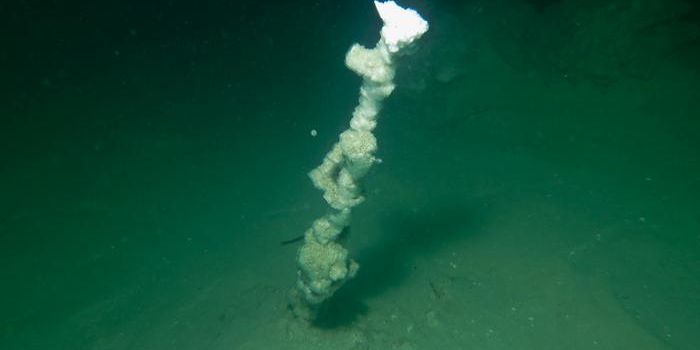Enhanced Database Aids Wildfire Managers in Predicting Fires
Can wildfires be predicted in advance to allow for safeguards that can prevent their spread? This is what a recent study published in Earth System Science Data hopes to address as a team of researchers have developed a database to help firefighters and power companies establish protocol for implementing strategies that holds the potential for helping to reduce the spread of a wildfire before it gets too large.
Wildfire closure sign seen in the Oregon Cascades in September 2020. (Credit: Oregon State University)
For the study, the researchers presented a revised database as part of the Fire Program Analysis Fire-Occurrence Database, which was created by the U.S. Forest Service in 2013 and has had been revised five times since its inception. Before this study, the database contained basic information like wildfire size, ignition source, and discovery date. However, this the researchers for this study have updated the database with social and environmental factors designed to incorporate social vulnerabilities and even distances from the ignition source to the nearest road.
“There is a tremendous amount of interest in what enables wildfire ignitions and what can be done to prevent them,” said Dr. Erica Fleishman, who is the Director of the Oregon Climate Change Research Institute and a professor at Oregon State University, and a co-author on the study. “This database increases the ability to access relevant information and contribute to wildfire preparedness and prevention.”
These new factors include almost 270 new attributes, along with data from 2.3 million wildfires that occurred in the United States between 1992 and 2020. With this revised database, power companies and land management agencies can take steps to shut off power or decrease land access, respectively.
How will this revised database help predict and prevent the spread of wildfires in the coming years and decades? Only time will tell, and this is why we science!
As always, keep doing science & keep looking up!
Sources: Earth System Science Data, EurekAlert!, Zenodo, Oregon State University









